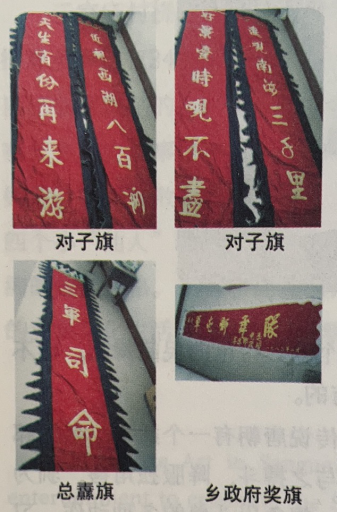传承人:市级-2010年04月 第1批:唐丙炎
申报地区:洛龙区 2010年02月 第2批
洛阳通背武狮在有“武术之乡”称呼的洛阳军屯村世代流传。该村耍狮子的历史至少可追溯至明代,其狮舞传人至今已传至十四代。该村居民祖上以武功立身,精通四面八方通背拳和多种作战阵型,能够“立兵伍,定行列,正纵横”。该村居民,历代男性几乎都会武术。他们把武术与狮舞巧妙结合,把狮舞与战阵糅合在一起,经过历代艺人的不断研究摸索,军屯武狮逐渐形成了自己表演粗犷大方,刚健酒脱、传神细腻、技巧娴熟和以武术为根基,以战阵为框架的独特风格,成为我国北派武狮的优秀代表。建国后,该武狮社多次参加各级民间艺术活动并获得殊荣,为弘扬民族文化,发展优秀的民间艺术作出了特殊贡献。
通背武狮分青、白、红、黑、黄基本五色,狮脸用古代宗教面具技术刻画,与京剧脸谱有异曲同工之妙,表现着狮子的不同个性。
通背武狮一般先耍“地摊”,再上“高空”。军屯村民世代保持着年节、祭祖等特殊日子舞狮子的传统,并不断进行狮舞形式、内容以及技巧的探索和创新。明清以后,随着河洛民间社火文化的发展,通背武狮以其鲜明的造型、高超的表演技巧和战阵粼粼的独特艺术风格,而成为洛阳狮舞的代表,在民间艺术展示活动中,不断显示出雄厚文化的实力。

Luoyang Tong Bei Wu Shi has been handed down from generation to generation in Juntun Village, Luoyang City. The village is also known as the"Town of Martial Arts". The history of lion playing in this village can be traced back to at least the Ming Dynasty(1368- 1644), and its descendants have been passed down to the 14th generation. The ancestors of the village ingeniously combined martial arts, lion dance and battle formations. After continuous research and exploration of artists in the past, Wu Shi("lion" combined with martial arts) in Juntun gradually formed their own performance style, and became the outstanding representative of the Northern School of Wushi in China. After the founding of the People's Republic of China(1949), the Wu Shi club participated in folk art activities at all levels and won many awards, and made special contributions to the promotion of national culture and the development of excellent folk art.
